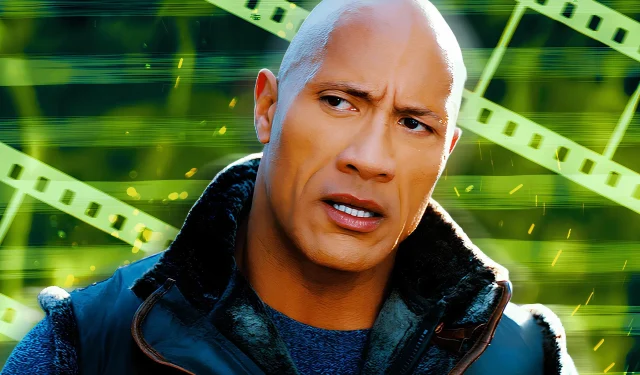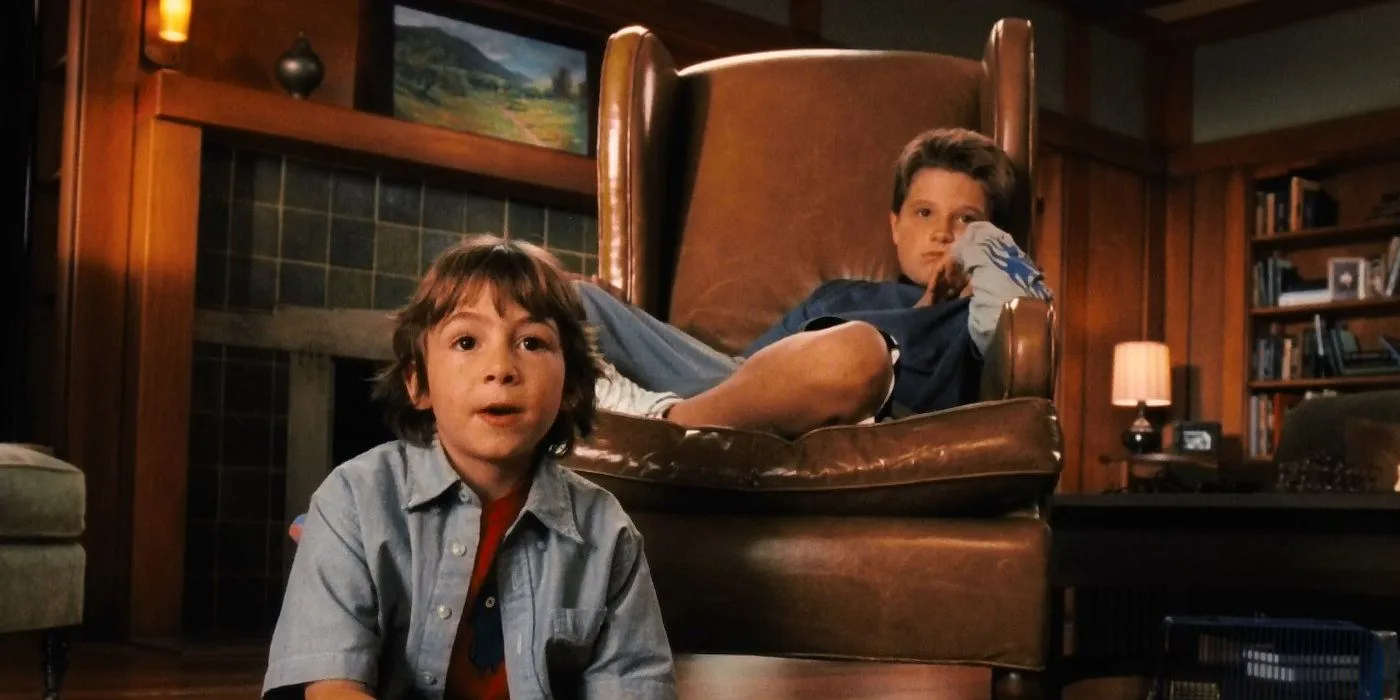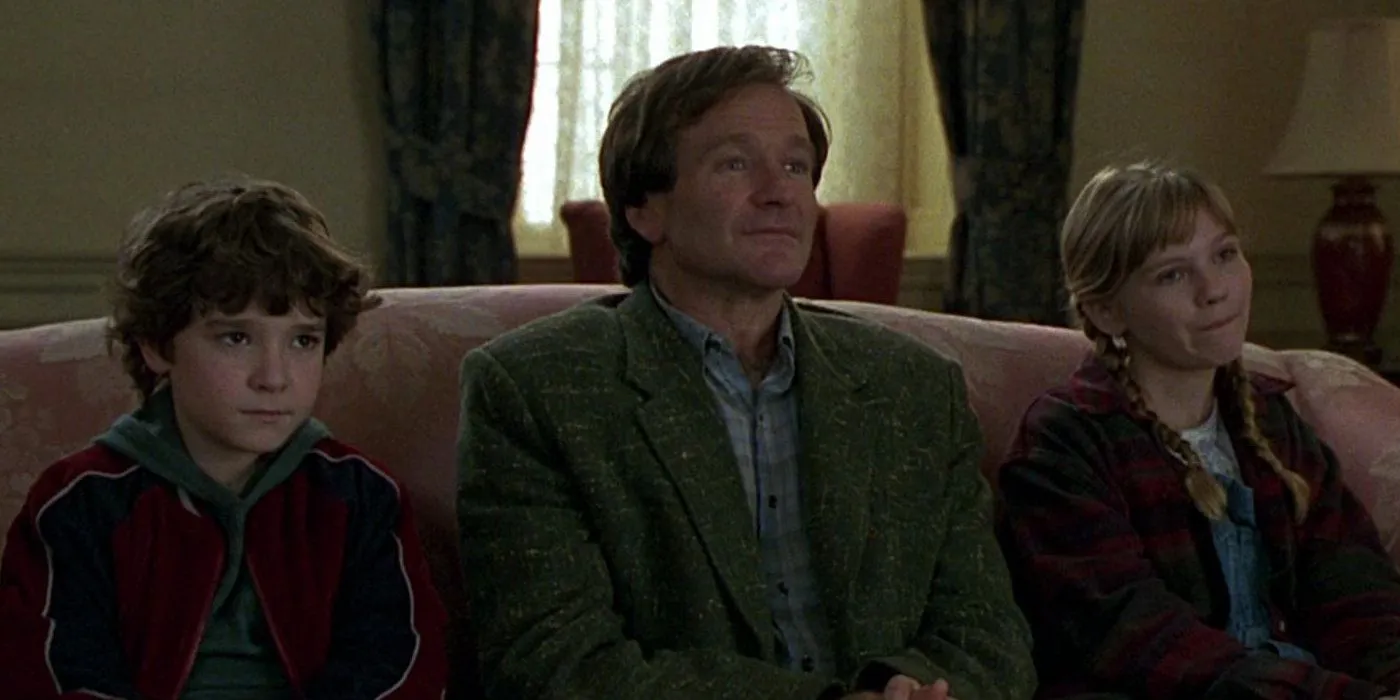
Long before Dwayne “The Rock”Johnson graced the screen in his own Jumanji installments, an often overlooked film delivered a sequel experience that outshone the beloved classic. Since its premiere in 1995, the original Jumanji has established itself as a timeless favorite, so much so that it was reimagined with a brand new take in 2017. Johnson’s version, Jumanji: Welcome to the Jungle, captured the hearts of audiences worldwide, contributing to over $1 billion in global box office receipts. As anticipation builds for the recently confirmed Jumanji 4, it’s intriguing to note that despite their commercial success, Johnson’s films do not hold the top spot within the franchise.
While highly entertaining and representative of Johnson’s best work, his Jumanji films might not be the pinnacle of the franchise. Interestingly, there exists a lesser-known spin-off that managed to recapture the original’s charm long before the current sequels were conceptualized. This film, which intriguingly does not bear the Jumanji name, made its debut over ten years prior to Johnson’s films and has often been overshadowed by them.
Zathura: A Spiritual Successor to Jumanji — And It Surpassed It
Zathura Transforms Jumanji’s Concept into a Sci-Fi Adventure

Although it does not serve as a direct sequel, the 2005 film Zathura: A Space Adventure stands as an effective spiritual successor to Jumanji. It chronicles the adventures of siblings Walter (Josh Hutcherson) and Danny (Jonah Bobo) as they engage in the board game Zathura. Much like Jumanji, Walter and Danny discover that their actions within the game manifest in reality, resulting in thrilling events such as meteor showers and encounters with alien creatures. The thematic parallels are clear, given that both films draw inspiration from works by author Chris Van Allsburg, focusing on the trials of childhood and the unforeseen consequences of one’s actions.
Interestingly, Zathura distinguishes itself as a remarkable film in its own right, often regarded as superior to its predecessor, Jumanji. Upon its release, the original Jumanji received mediocre reviews, boasting a score of only 52% on Rotten Tomatoes. Critics regarded it as a decent yet underwhelming children’s film. In stark contrast, Zathura achieved a commendable 77% approval rating and was praised for its impressive visual effects, compelling emotional narrative, and innovative approach within the science fiction genre. The film’s story of brotherly love and growth resonates more deeply than the original tale of Alan Parrish’s childhood struggles, highlighting why Zathura deserves to be celebrated.
Zathura Captures the Essence of Jumanji More Effectively Than Johnson’s Versions
Recapturing Jumanji’s Unique Adventure: Zathura Triumphs

A key factor in Zathura‘s effectiveness as a spiritual successor lies in its ability to recapture the essence of Jumanji. The latter has achieved iconic status, as few films possess the ability to blend extraordinary adventures with an edge of familiarity. From battling oversized mosquitoes to Peter’s transformation into a monkey-boy, Jumanji evokes a striking sense of stakes amidst its fantastical elements. Likewise, Zathura enthralls audiences, showcasing suburban chaos, such as a house hurtling through an asteroid belt or a rogue robot wreaking havoc indoors.
In contrast, the films featuring Dwayne Johnson—Welcome to the Jungle and The Next Level—while entertaining, fail to evoke the same magical essence present in the original Jumanji. The settings and character dynamics in these installments diverge significantly from the original’s unique blend. Thus, their connection to Jumanji feels tenuous at best, as they missed the spellbinding combination of whimsical adventure and mundane reality that Zathura successfully delivered. For these reasons, Zathura can be deemed a more fitting continuation of the Jumanji legacy than Johnson’s recent adaptations.




Leave a Reply